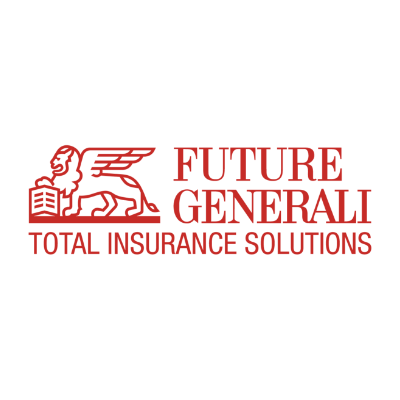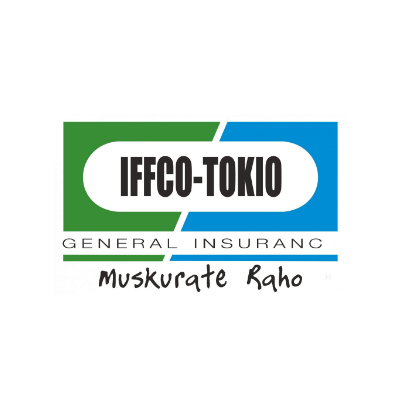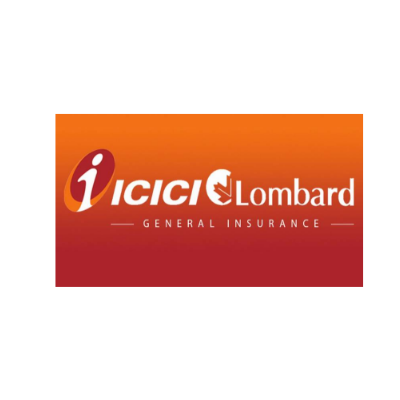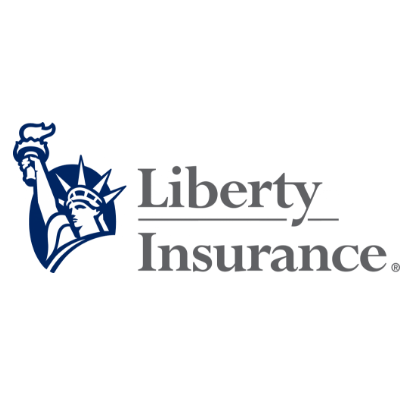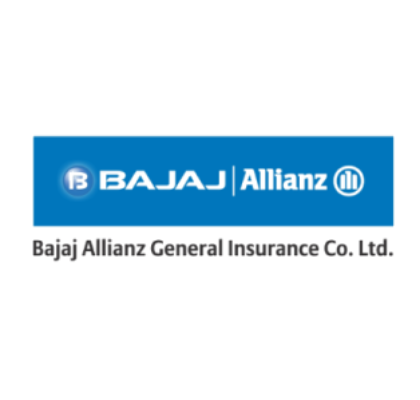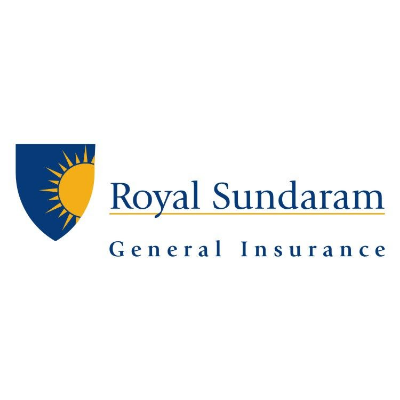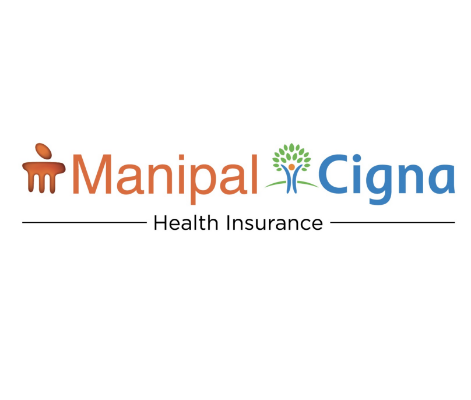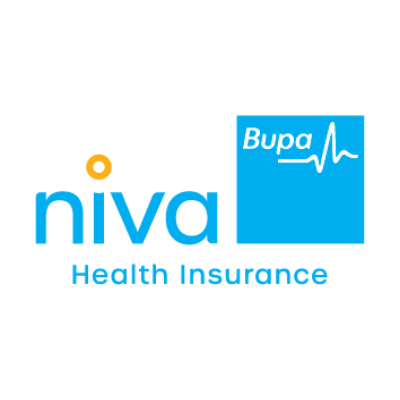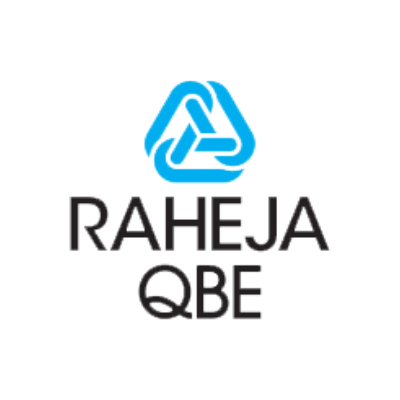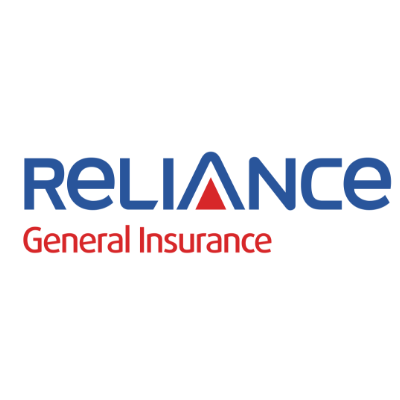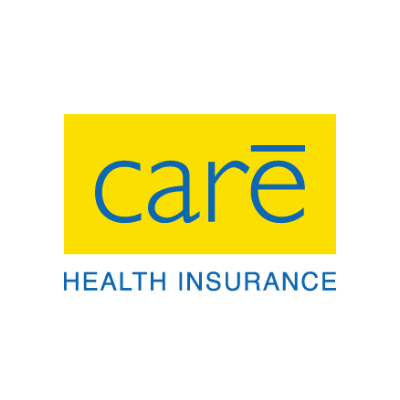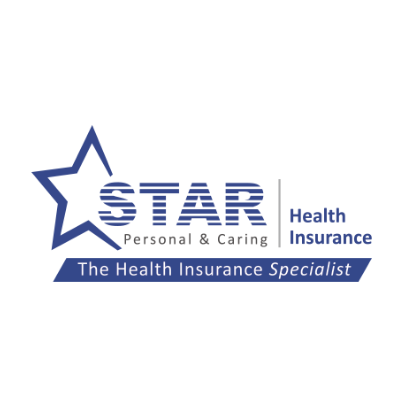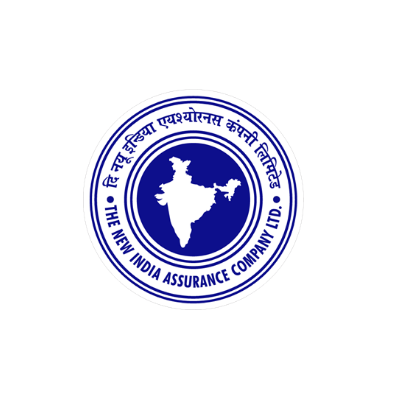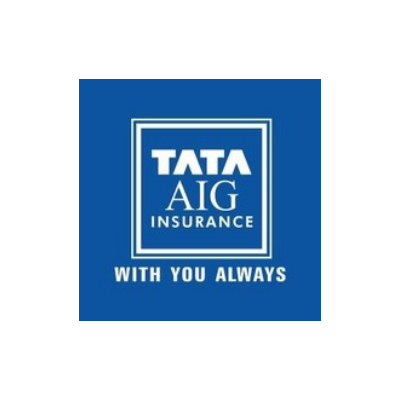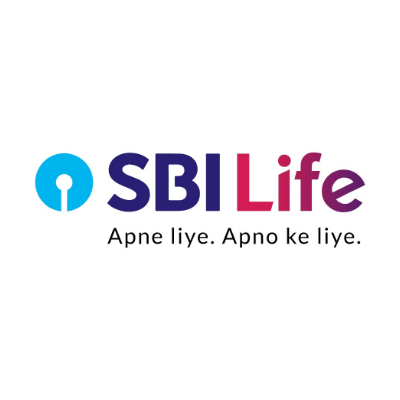DO HEALTH INSURANCE PREMIUM INCREASE EVERY YEAR
What is a Health Insurance Premium?
Health insurance premiums are the amount you pay to an insurance company in exchange for the financial protection you get in case of health emergencies. These premiums may vary based on factors like the type of health insurance plan you selected and the coverage it offers.
Additionally, every insurer has different health insurance plans available, each with its own premium rate. Determining the premium amount involves careful consideration of various factors, including your age, health condition, and the specifics of the plan.
In this article, we will explore whether health insurance premiums increase every year and what factors contribute to these changes.

Factors that Could Increase Premiums of Health Insurance
Moving further, one can analyze the fluctuations in premiums every year. Let’s comprehend the factors that could increase the health insurance premium.
1. Inflation in Healthcare Charges
As per the trusted sources, 14% inflation in the healthcare industry is reported annually. The rise in medicines, hospitalization charges, doctor fees and treatment costs is beyond imagination. Sky touching medical expenses are just burning the pockets. It raises the insurance premium.
2. Age
Age is not just a number. It's a growing number that makes you older. As you get older, the chances to catch illness and health risk also increases. Falling sick ultimately results in medical expenses. The older you get, the higher your premium will be.
3. Coverage Requirements
Receiving the highest coverage leads to paying a higher premium. It depends on the type of health policy plan that you pick and your health conditions, too. Comprehensive insurance policy coverage provides higher financial protection. Whereas the basic plan requires you to pay a small premium. Purchasing add-ons is another factor that could increase your premium.
4. Claim History
Maximum frequency for minor claims may raise the premiums. Insurance companies always verify policyholder’s claim history which helps to analyze risk. Designing policy plans and determining the premiums also gets simpler. Individuals filling claims often are counted as high risk people. Due to this, insurance companies can increase the premium.
5. NCB Usage
No Claim bonus is actually a bonus to the policyholder by the insurer for not claiming throughout the policy year. In such a case, NCB adds to your coverage benefit. But if you make claims in a policy year, then you are considered a high-risk policyholder. For high-risk customers, insurers alter the premiums.
6. Health Condition
Individuals having consistent health issues need security. Plus, policyholders suffering from severe diseases like cancer are high-risk customers. It means they may need a large amount anytime to get appropriate treatment. Consequently, their policy premium gets increased.
Tips to Save on Health Insurance Premiums
Paying a higher premium would be tedious in some circumstances. Let’s acknowledge the key tips to save on health insurance premium costs.
1. Buy a Policy at an Early Age
Purchasing a policy at the age between 20 to 30 could save you on your premium. At a young age, there are fewer chances of meeting health risks. Insurance companies provide lower premiums to low-risk policyholders.
2. Purchase a Family Floater Plan
Buying an insurance policy for a whole family would be more affordable than a separate policy. In this, every member of the family gets the benefit under the single policy on a floater basis. It would lessen your premium cost.
3. Avoid Smoking and Drinking
Saying NO to smoking and drinking saves your health insurance premium. People who are habitual to smoking are high-risk people. So, they need to pay higher premiums than non-smokers.
4. Compare and Select the Appropriate Plan
Carefully comparing plans would give you better options. Don't hurry and make any decision blindly. Compare different plans from various companies and get the better deal.
5. Don’t Claim for Minor Reasons
Avoiding to file the minor claims lets you avail No Claim Bonus from the insurance company. It will be a discount on your premium. The policyholders who claim often have to pay higher premiums. Insurers list these people as a high-risk policyholder. So, maintaining NCB could be the solution to decrease your premium.
6. Select the Add-Ons Only if You Need
Add ons are the extra benefits added to enhance the standard policy. Pick and purchase only those add ons which are really required. Purchasing an add on for maternity coverage if you don’t require it is useless. Essential addons should be bought only.
7. Prefer Top Up Plans
To opt for top up plans is the most convenient and affordable option to save premium cost. It lets you activate your policy when your existing amount gets exhausted. You can recharge the policy plan as per your requirement. Different insurers present multiple top up plans. You can pick the best that is available.
8. Buy Health Insurance Online
You can save your insurance premium price by making online purchases. It would cut the agent’s commission. Plus, the cost of the administrative process would also be reduced. Buying the policy online would cost 20% less than buying it offline. Ultimately, it would let you pay a lower premium cost.
Conclusion
To maintain financial stability, saving on health insurance premium costs is a necessary act. Lower premiums are easier to pay without any break. It won't strain your budget. Most importantly, it protects your policy from lapsing due to unaffordable premium prices. Following the recommended tips would give you ideas to balance your finances.
FAQs
1. Do Health Insurance Premiums Increase Every Year on Renewal of Policy?
Yes, health insurance premiums increase on annual policy renewal. Factors like inflation in the medical sector and the age of policyholders are responsible for this.
2. How Can My Health Condition Impact My Policy Premiums?
If your health complaints are consistent then it will be a high risk situation. In such a case, your policy premium would increase. High risk policyholders need to pay a higher premium price for high coverage.
3. Does my location influence my health insurance premium?
Yes, location matters while determining the policy premium cost. Insurance companies in different regions provide healthcare services. So, service costs influence the health insurance premium.









